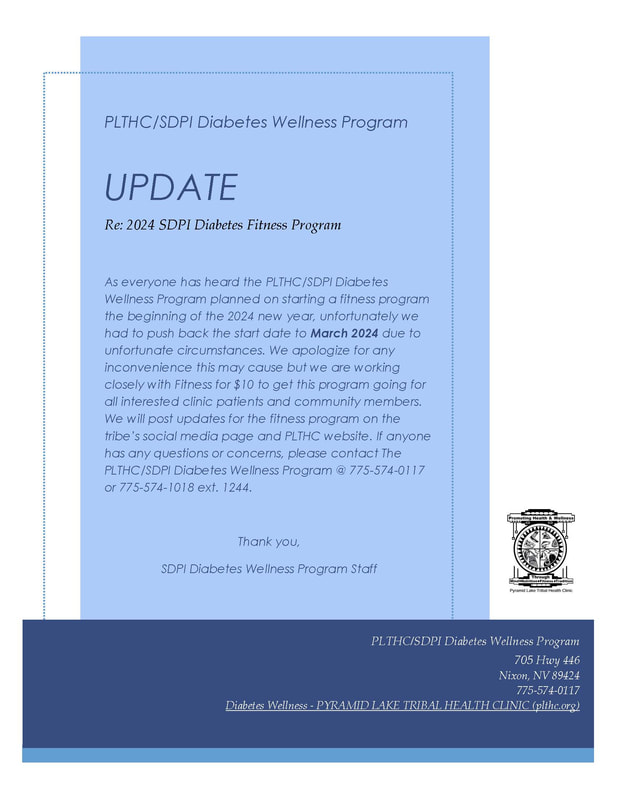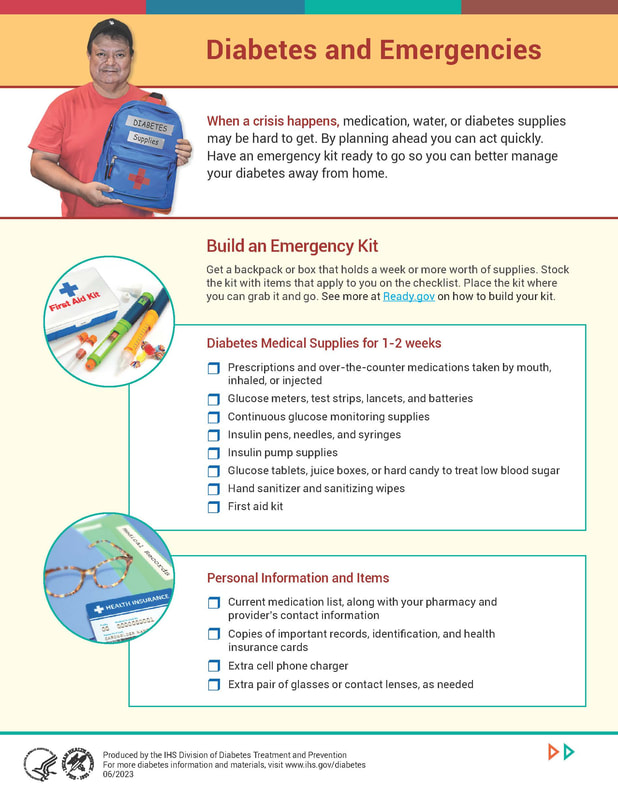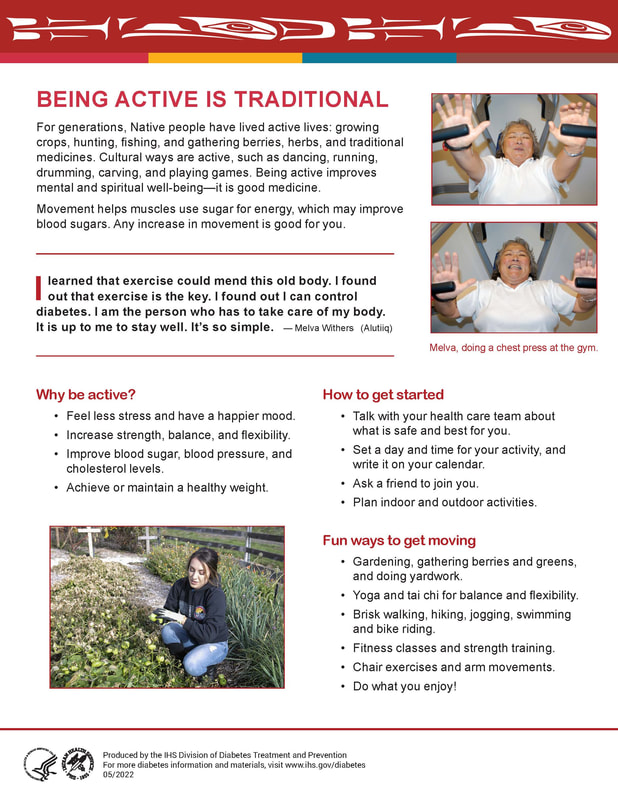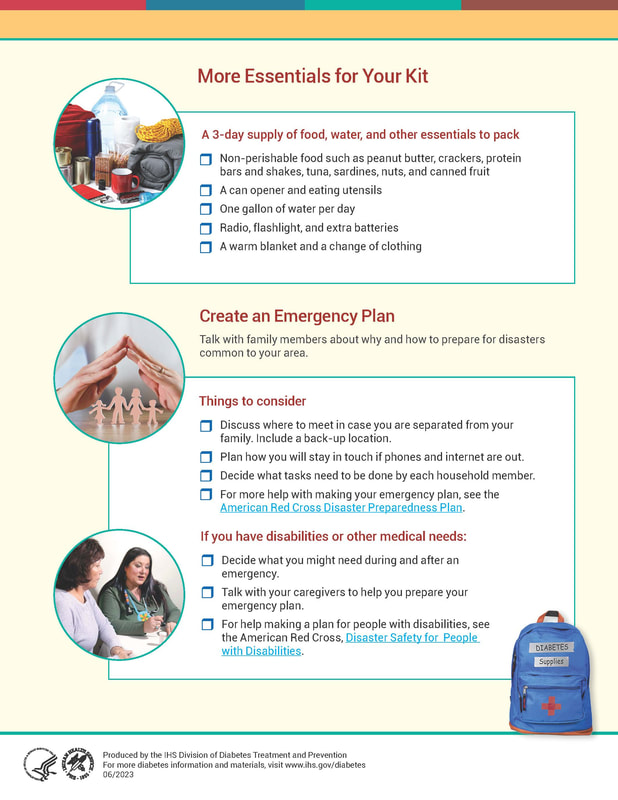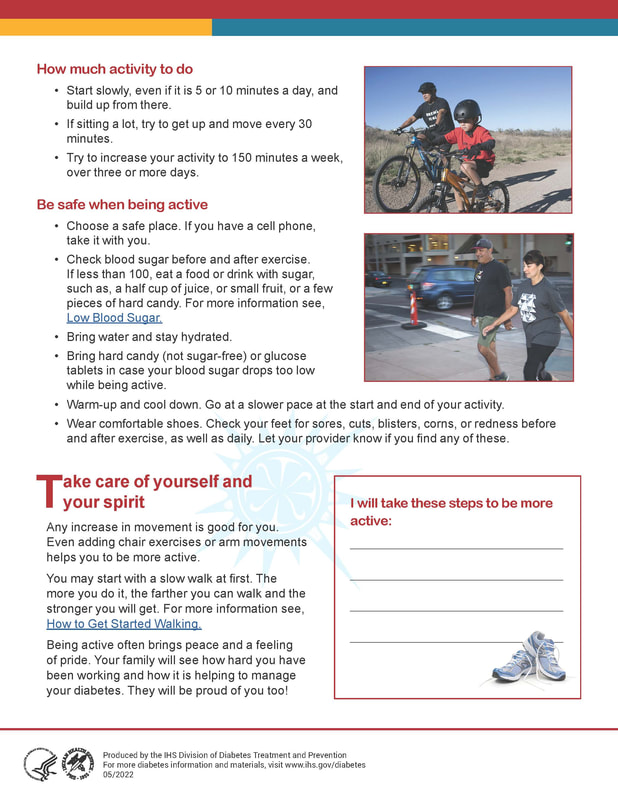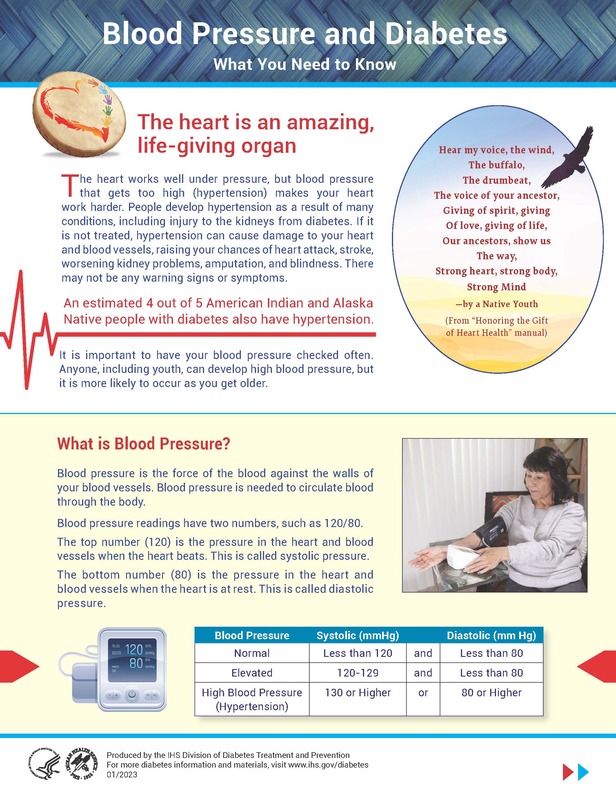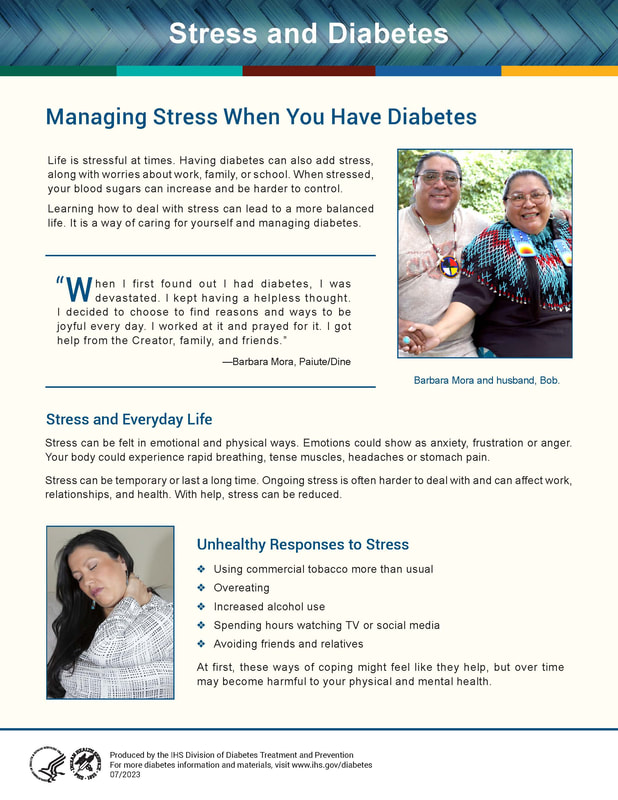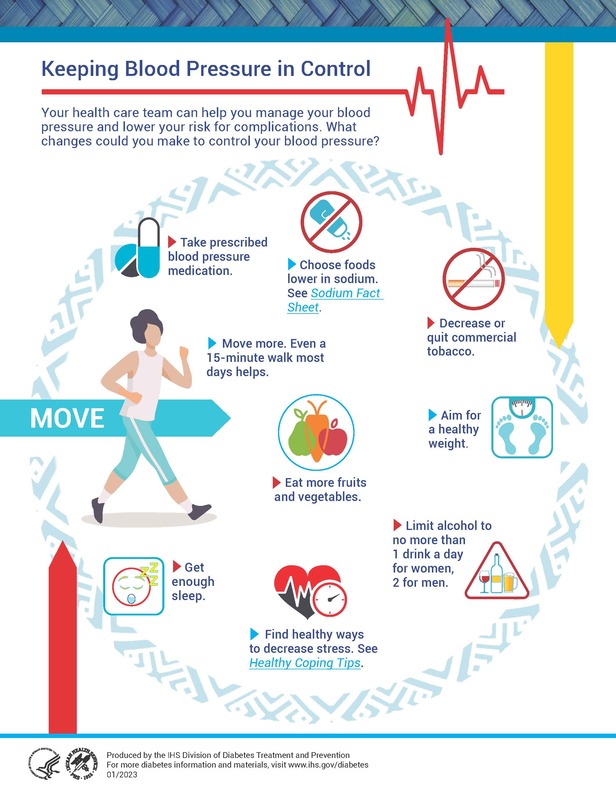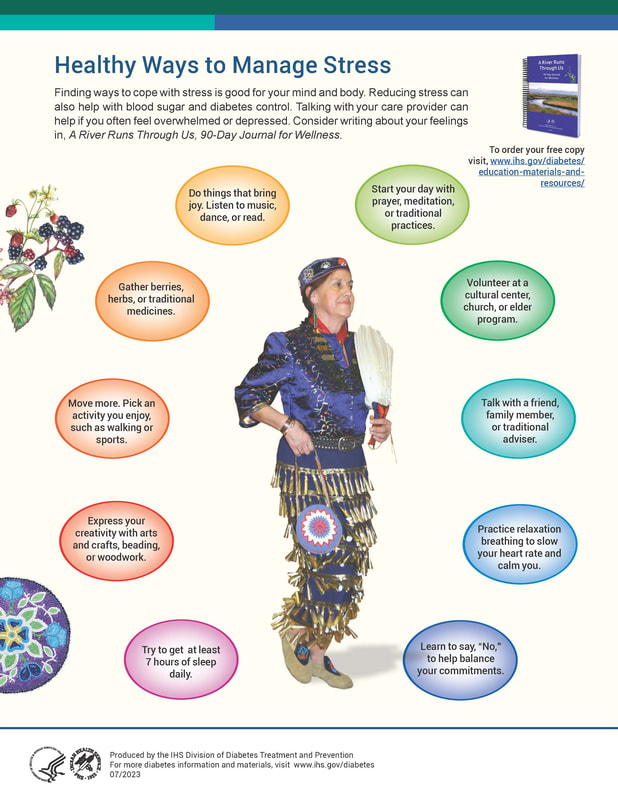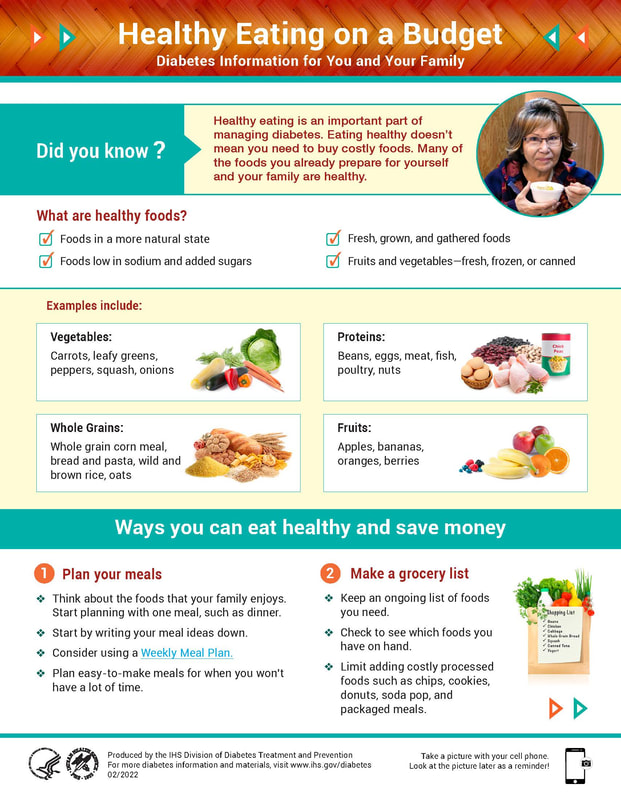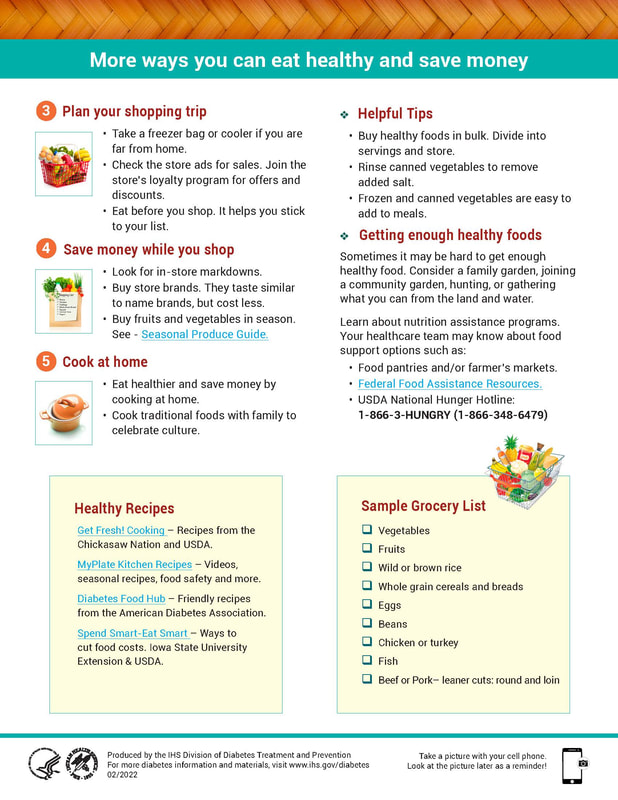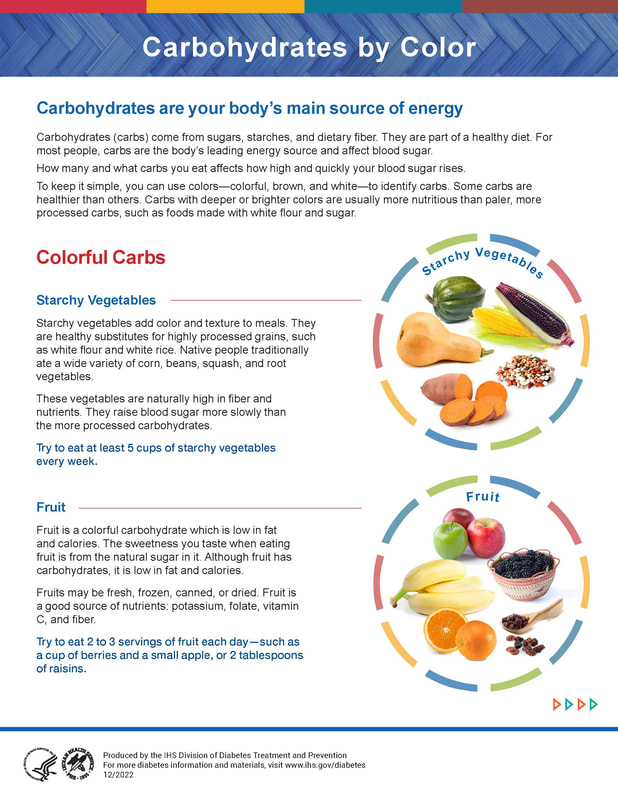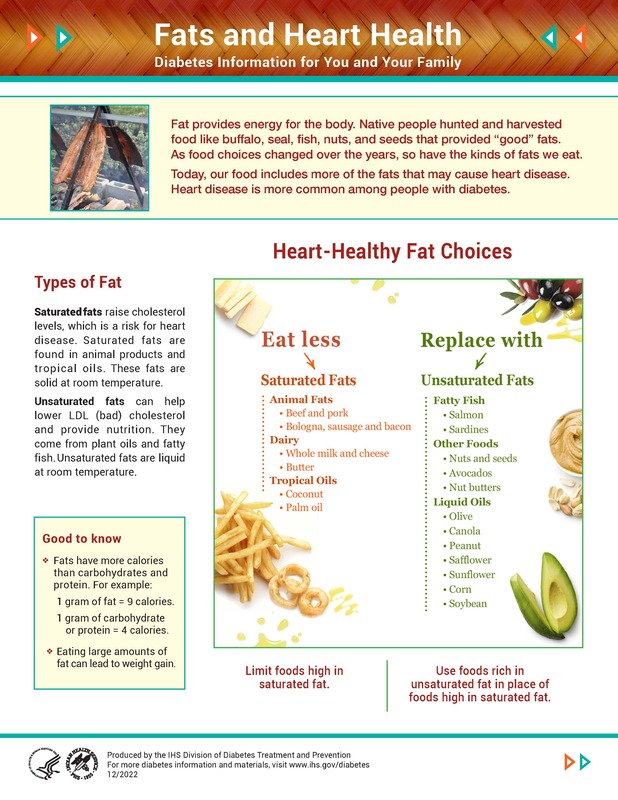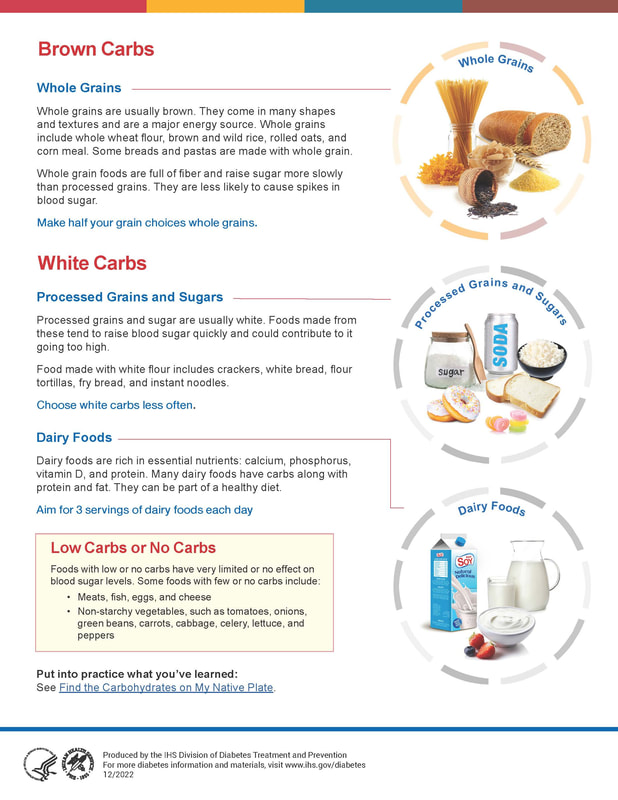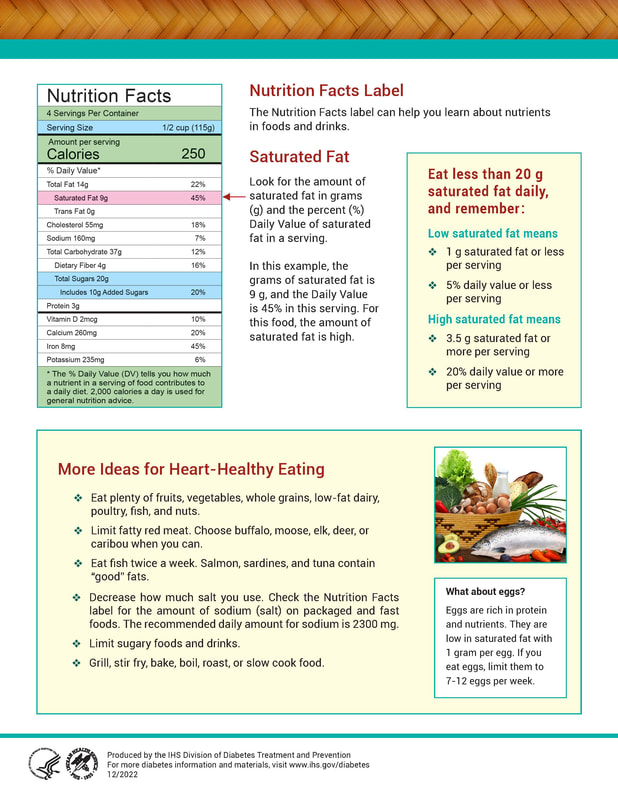Are you at risk for Type 2 Diabetes?
Diabetes is a disease in which your body can’t create enough insulin to turn fuel (food) you consume into energy. In pre– diabetes, a person’s blood glucose is higher than normal, but not high enough to be called diabetes. Pre diabetics can prevent or delay diabetes by receiving preventive services and following the health guidelines for a better quality of life.
Risk Factors
Risk Factors
- Overweight and Obesity
- Family History
- High Blood Pressure
- Low HDL cholesterol
- High Triglycerides
- History of Gestational Disease
- High Risk ethnic groups, Ex: Native Americans
Classifications of Diabetes
Type 1 Diabetes Mellitus: Diabetes mellitus type 1 is a form of diabetes mellitus that results from the autoimmune destruction of the insulin -producing beta cells in the pancreas. The subsequent lack of insulin leads to increased blood and urine glucose.
Type 2 Diabetes Mellitus: Diabetes mellitus type 2 is a metabolic disorder that is characterized by hyperglycemia in the context of insulin resistance and relative lack of insulin. This is in contrast to diabetes mellitus type 1, in which there is an absolute lack of insulin due to breakdown of islet cells in the pancreas. The classic symptoms are excess thirst, frequent urination, and constant hunger.
Gestational Diabetes Mellitus: Gestational diabetes is a condition in which women without previously diagnosed diabetes exhibit high blood glucose levels during pregnancy. Gestational diabetes is caused when insulin receptors do not function properly. This is likely due to pregnancy -related factors such as the presence of human placental lactogen that interferes with susceptible insulin receptors. This in turn causes inappropriately elevated blood sugar levels.
Type 2 Diabetes Mellitus: Diabetes mellitus type 2 is a metabolic disorder that is characterized by hyperglycemia in the context of insulin resistance and relative lack of insulin. This is in contrast to diabetes mellitus type 1, in which there is an absolute lack of insulin due to breakdown of islet cells in the pancreas. The classic symptoms are excess thirst, frequent urination, and constant hunger.
Gestational Diabetes Mellitus: Gestational diabetes is a condition in which women without previously diagnosed diabetes exhibit high blood glucose levels during pregnancy. Gestational diabetes is caused when insulin receptors do not function properly. This is likely due to pregnancy -related factors such as the presence of human placental lactogen that interferes with susceptible insulin receptors. This in turn causes inappropriately elevated blood sugar levels.
Diabetes Management
- Eat 3 proportional meals a day. Enjoy a small snack between meals, snack should always be of a healthy food. Do not skip any meals and/or snacks.
- Drink 6-8 cups of water per day. This will help protect your kidneys.
- Take your medication as directed. Get your refills before you run out of your prescription.
- Test your blood sugar and record the value in your log book.
- Walk and/or exercise for at least 30 minutes per day.
- Take proper care of your feet. If a problem persist, please come to be seen by the Doctor.
- Always have a fast acting sugar with you in case of a sudden glucose drop.
- Test your blood sugar per you Doctor’s recommendation. * If blood glucose is over 300, please go see a doctor.
Diabetic Services Programs
- Podiatry: Provides medical treatment for the foot, ankle, and lower extremities.
- Case Management: Diabetes Team provides Diabetic patients with health care planning, implementation and modification for each individuals specific case management needs.
- Optometry: Provides Diabetics optometry needs such as glasses, corrective devices, and surgeries.
- Dental: Provides additional dentistry services such as restorations and surgeries.
- Shoe Program: Diabetic patients can receive a $140.00 shoe voucher for individual patient needs.
All insurances, I.H.S. payments, Medicaid, Medicare and other resources must be exhausted prior to Diabetes Program approval for special accommodations.
staff | |
Nicole Williams, Diabetes Coordinator
|

